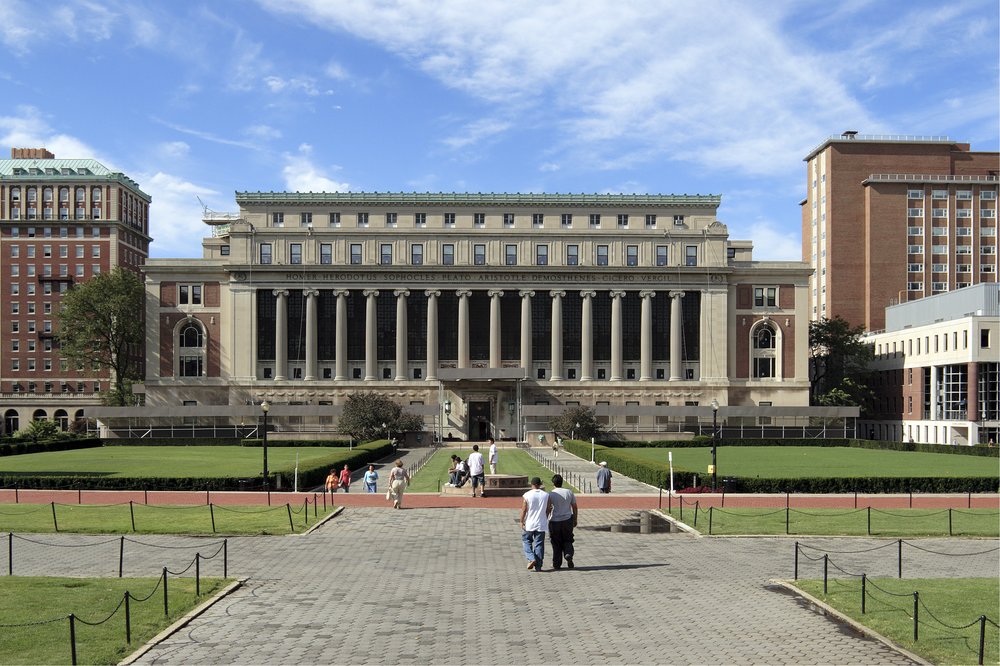Columbia to pay $221 million in federal settlement over discrimination probes
July 23, 2025, 8:13 p.m.
The deal ends a federal investigation, restores access to research funding and codifies antisemitism reforms.

Columbia University has reached a settlement with the federal government resolving multiple investigations and restoring access to hundreds of millions of dollars in frozen research funding, officials said Wednesday.
The university will pay more than $220 million, including $200 million over three years to the federal government and another $21 million to the Equal Employment Opportunity Commission. The deal follows months of scrutiny from the Trump administration, which accused Columbia of failing to adequately address antisemitic harassment on campus.
University leaders said the stakes were high, with annual research funding at risk, along with the potential loss of top scientists, accreditation and potentially student visa eligibility.
Although the university did not admit wrongdoing in a statement, officials acknowledged that Jewish students and faculty have faced serious and unacceptable incidents on campus and said reform was necessary and already underway.
A spokesperson for the White House did not immediately respond to a request for comment.
The agreement allows Columbia to resume applying for federal research funding and restores the vast majority of paused or canceled grants, including those from the National Institutes of Health and the Department of Health and Human Services. The university said remaining funding gaps reflect broader federal cutbacks.
The agreement will now be monitored by an independent third party and the university will submit regular compliance reports. Columbia will also move forward with policy changes it first announced in March, including new disciplinary protocols, campus safety upgrades and expanded training programs.
This comes just days after the university announced that more than 70 students are being disciplined for participating in a pro-Palestinian protest at Columbia’s Butler Library in May, and a week after it unveiled a series of “commitments to combatting antisemitism.”
Those measures include adopting the International Holocaust Remembrance Alliance’s controversial definition of antisemitism, which some critics said conflates criticism of Israel with anti-Jewish hate, and partnering with multiple Jewish and pro-Israel groups. Columbia has also pledged “zero tolerance for discrimination and harassment based on protected traits, including Jewish and Israeli identity.”
University leaders said the deal affirms Columbia’s autonomy in academic decisions while also committing to ongoing reforms.
Acting President Claire Shipman called the settlement “an important step forward,” and said it safeguards Columbia’s academic independence and research mission.
Shipman said the resolution would allow critical medical and scientific research to resume after months of uncertainty. She also said the agreement preserves Columbia’s control over faculty hiring, admissions and academic speech, which she described as “our north star.”
“Today’s agreement with the federal government affirms Columbia’s unyielding commitment to academic freedom, freedom of expression, and open inquiry,” Board of Trustees Co-Chairs David Greenwald and Jeh Johnson said in a statement. “It confirms the changes already underway at Columbia to meaningfully address antisemitism on our campus and allows the university to continue to undertake its transformative research and scholarship.”
This story has been updated with additional comment from Acting President Claire Shipman.
Columbia disciplines 70 students for protest as school pleads with Trump for funding Columbia has a new definition of antisemitism backed by Trump admin